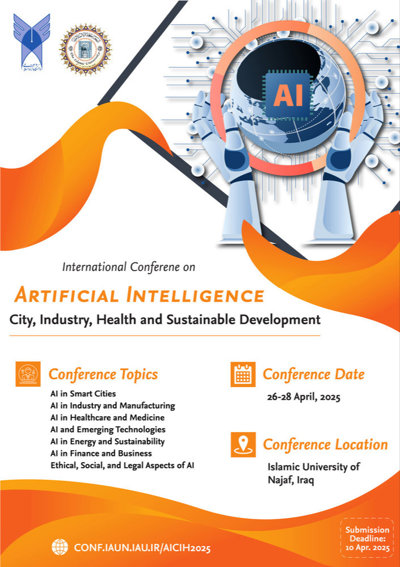0% Complete

نویسندگان :
کلمات کلیدی :
چکیده :
لیست مقالات بایگانی شده
Masoud Raei - Mahsa Khajeh - Mehdi Abdolmaleki
Amin Aslanzadeh Moghanjooghi - Mahdi Mazloomi - Mohammad Asgari - Mohammad Sadegh Mehrabikia
Zarrindokht Emami-Karvani
Bahar Asgari - Hamid Rastegari - Vahid Nejati
Mohamad Hosein Ghojavand - Hamid Rastegari
Azadeh Barani - Majid Moazzami - Ghazanfar Shahgholian - Fariborz Haghighatdar
Habibollah Jafari - Abdolamir Karbalaie
Hasti Mokhtari Karchegani - Homa Movahednejad - Mahdi Sharifi


